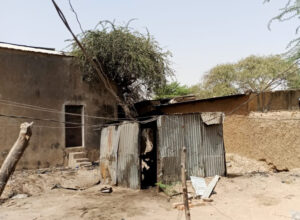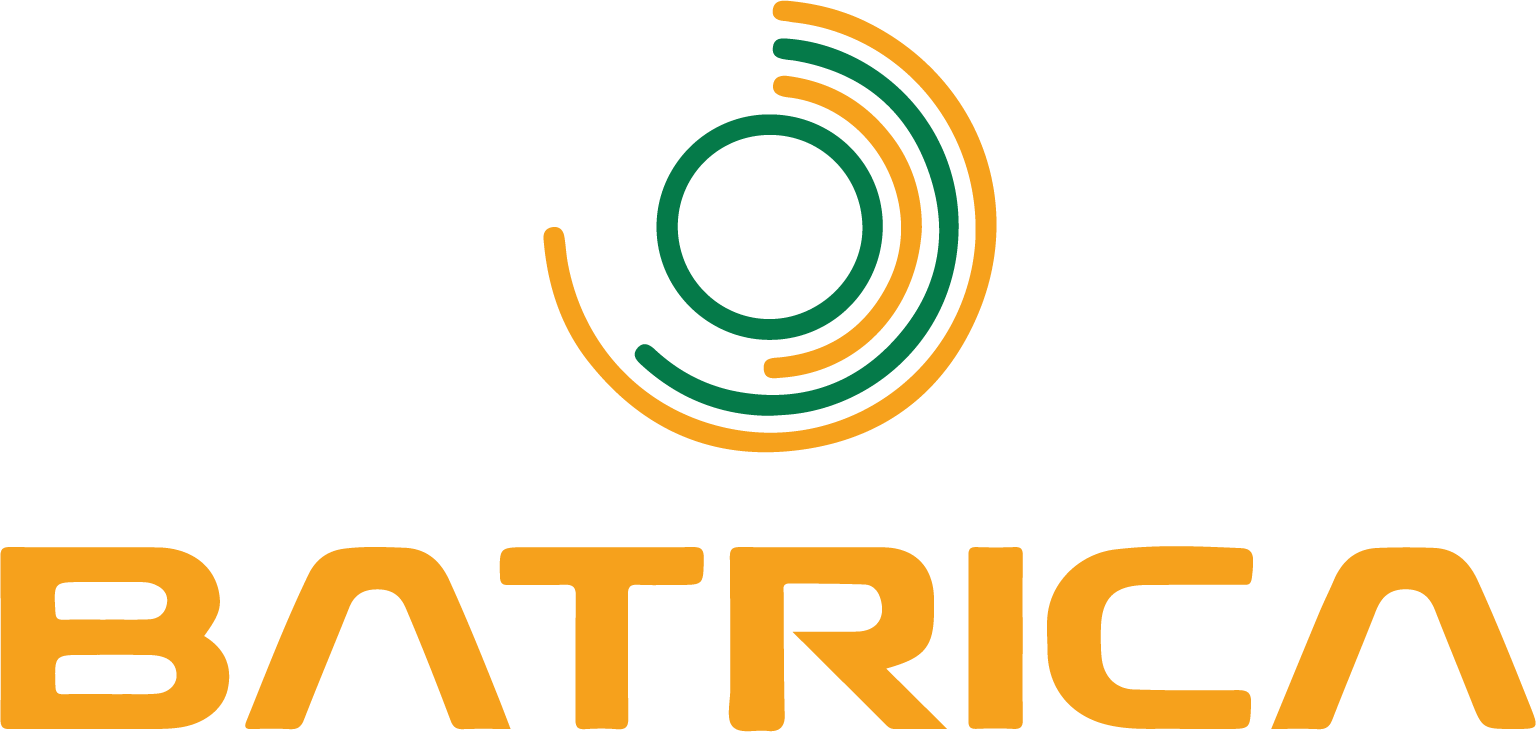According to the United Nations, access to affordable, reliable, and sustainable energy is essential for eradicating poverty. Globally, 733 million people still lack access to electricity, with about 570 million of them in Sub-Saharan Africa. The demand for electricity continues to grow, especially for telecommunication purposes. Today, we will focus on Chad, one of the countries with the lowest electricity access rates in the world.
Electricity in Chad
Chad is a developing country located in Central Africa with a population of about 16 million people. Despite its enormous energy potential due to high solar exposure, access to electricity remains limited for most of its inhabitants. In 2023, only 10% of the Chadian population had access to electricity, mainly in urban areas, while access in rural areas dropped to just 2%. This means the vast majority of the Chadian population lacks access to electricity, limiting their access to basic services such as education, healthcare, and information.
The need for electricity in Chad is enormous, as it is a key factor in stimulating economic growth and improving the quality of life for Chadians. As the country develops and its population grows, the demand for electricity increases. Households need electricity for lighting, running refrigerators, fans, and televisions, while businesses need it to operate machinery and equipment.
Currently, electricity is primarily supplied by polluting, costly, and unpleasant (noise, odor) generators, which frequently experience power outages due to aging infrastructure and an unstable grid. It is evident that new solutions must be found.

A generator in Chad
Potential Solutions
Several viable solutions can help the Chadian population access basic services. One of these solutions is the use of off-grid stations. Off-grid stations are standalone solar energy systems that can provide electricity to households and businesses not connected to the national grid. These systems are particularly suited for rural and isolated areas where access to the grid is limited or nonexistent.
Off-grid stations are a cost-effective and sustainable solution for communities without access to electricity. They use solar panels to capture solar energy and store it in batteries, which is then used to power electrical devices. These stations can be sized according to the specific needs of households or businesses, making them a customized solution for each client.
Moreover, off-grid stations are easy to install and maintain. They do not require connection costs to the national grid, making them affordable for households and businesses that cannot afford high connection fees. Off-grid stations are also environmentally friendly and sustainable, as they do not produce greenhouse gases and do not require fossil fuels to operate.
The benefits of off-grid stations extend beyond electricity. For instance, solar energy can also help address other issues faced by rural populations. For example, access to potable water is often limited in rural areas. Off-grid stations can power water pumps that extract water from wells and sources, providing rural communities with reliable access to clean water.
The Need for Sustainable Solutions
While off-grid stations are a viable solution for communities without electricity access, they are not a long-term sustainable solution. These stations are often not powerful enough to meet the growing energy needs of communities.
To sustainably solve electricity access problems in Chad, it is essential to develop large-scale renewable energy sources. Renewable energies, especially solar energy, are clean, sustainable, and abundantly available in the country.
Chad has significant potential to develop renewable energies. The country is located in a very sunny area, with an average of 8 hours of sunshine per day, making it an ideal place for solar energy development.
Large-scale development of renewable energies offers numerous advantages for Chad. Firstly, it would increase electricity access for households and businesses, thus stimulating economic growth. Additionally, it would reduce the country’s dependence on imported fossil fuels, enhancing energy security and reducing greenhouse gas emissions.
Finally, large-scale development of renewable energies could create local jobs and stimulate the country’s energy industry, positively impacting the economy and improving the quality of life for Chadians.
In conclusion, while off-grid stations are a viable solution for communities without electricity access, it is essential to develop large-scale renewable energies to sustainably solve electricity access problems in Chad. Developing renewable energies would increase electricity access, reduce dependence on imported fossil fuels, create local jobs, and stimulate the country’s economy.

0 Comments